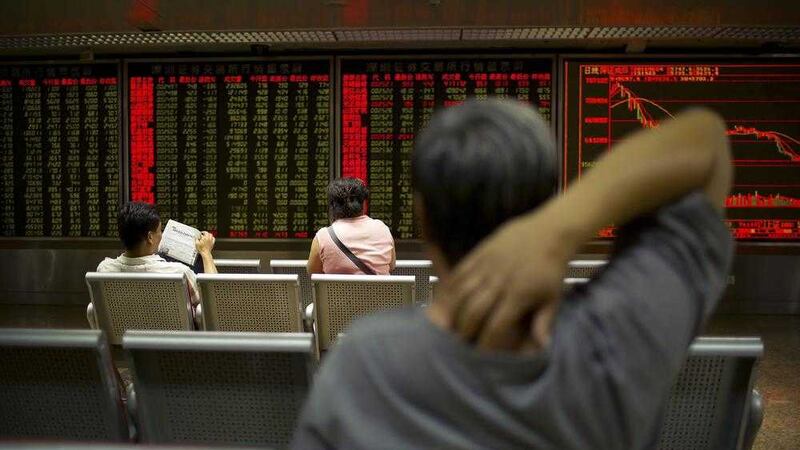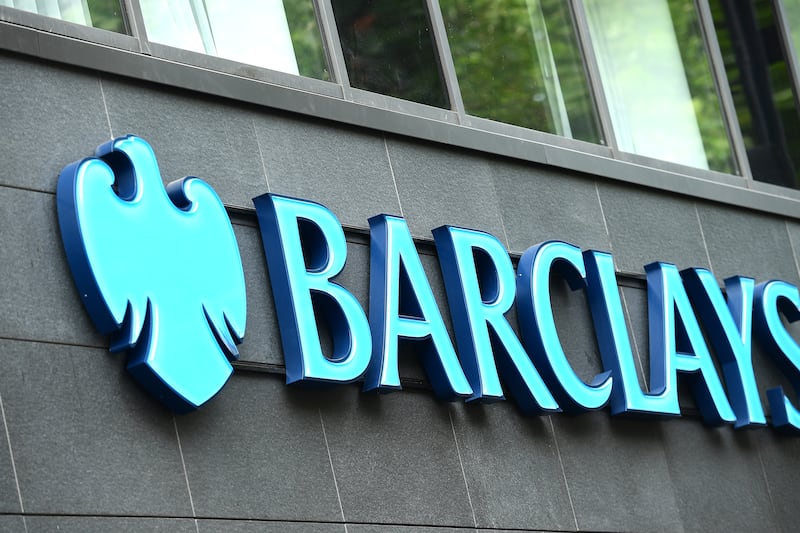THE UK voted to leave the EU last week to the evident horror of financial markets, where change is rarely welcome.
European equities and sterling had rallied significantly in the run up to Thursday’s referendum, as pollsters and bookmakers pointed increasingly towards a Remain vote being the most likely outcome. All of that and more is now being given back amidst jittery markets, with gold, the Japanese yen and the safer corner of the bond market all prospering.
Our advice to clients is to remain calm and we retain our view that the impact of an exit from the EU on the UK economy will be unhelpful but digestible. With the UK contributing around 3 per cent to the world’s output, this difficult period should not meaningfully alter the trajectory of the global economy, where steady if unspectacular growth remains our base case.
Those arguing for a return of redenomination risk in Europe may again be underestimating the commitment of its major players to keep it together. The last few years in particular have surely taught us that the social and political fabric of the European Union can bear a lot more stress than we might have previously imagined.
For investors, stay invested and diversified. A period of uncertainty and volatility is assured, however the prospects for global growth and inflation continue to be underestimated. Bizarre though it might seem to suggest in light of the market chaos today and much of the accompanying commentary, but it may be those prospects for growth and inflation that are still more important for portfolio returns on a 6 – 12 month view.
Some of those agitating for an exit from the EU increasingly promised to return the country to the ‘halcyon’ days of the 1970s and before, when the UK still made ‘stuff’. Meanwhile, those urging a vote to remain warned of an immediate recession, widespread job losses and an end to the peace and stability enjoyed by the continent for much of the post-war period.
We very much doubt that politicians on the exit side of the debate will be able to deliver on their promises to return absolute control to Westminster. Ultimately, any trade agreement will likely entail regulations and limits on the UK, regardless of whether such deals are negotiated from London, Brussels or anywhere else in the world.
For its part, global trade is well established as a positive sum game for all countries open to it, but it clearly does not come without explicit and implicit costs. The happy state in which most UK citizens find themselves today, with life expectancy, mortality and morbidity among the indicators continuing to move in the right direction, is in large part down to our openness to trade.
Our highest conviction overweight position in portfolios is US equities, where earnings prospects are still being underestimated. We do not see valuations doing much of the legwork for returns from here, but still expect investors to be well compensated from simply banking (or reinvesting) whatever dividend the corporate sector chooses to pay alongside any intervening growth in that dividend payment. Elsewhere, we do see selected attraction in the junk credit market.
More broadly our belief that the cycle end is inevitable but not imminent continues to inform our advice that investors should remain invested in portfolios diversified across asset classes and geographies, with a continued, albeit reduced, leaning towards developed equities.
Much of the recent gloom infecting capital markets has been based on a disproportionate obsession with the UK’s EU referendum, gloom that we expect to eventually disperse as the global economy continues to prove itself less terminally ill than the consensus would have you believe. In the meantime, investors will again need to call upon their stores of composure.
:: Jonathan Dobbin is head of wealth and investment management NI at Barclays. He can be contacted on 028 9088 2925 or email jonathan.dobbin@ barclays.com







